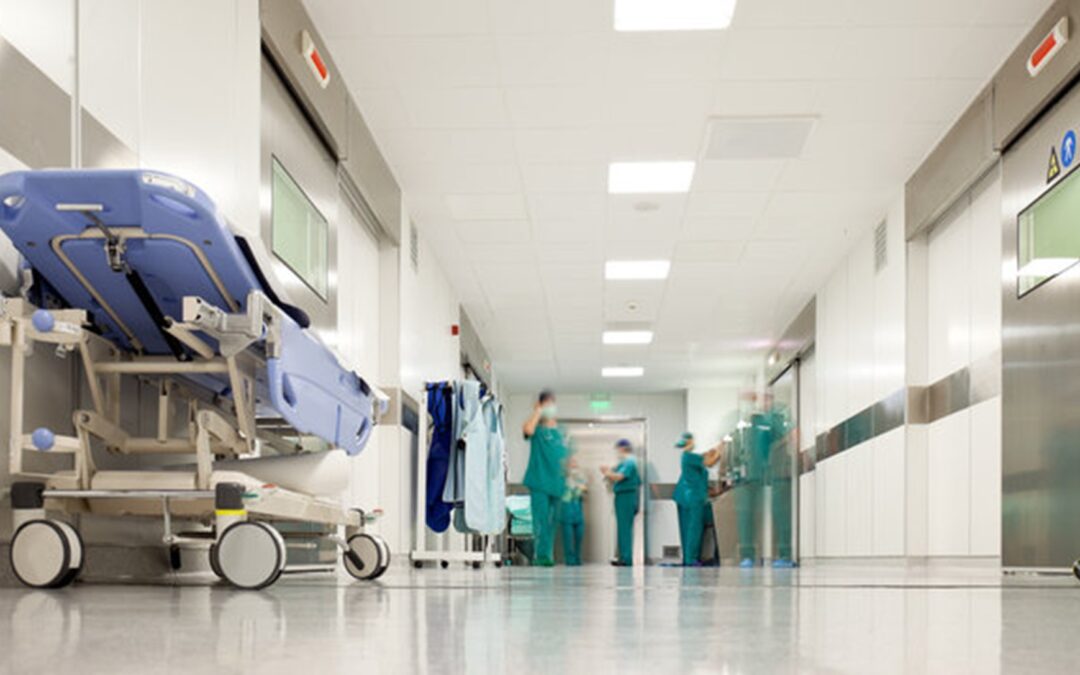

Archives
- January 2026
- December 2025
- November 2025
- October 2025
- August 2025
- June 2025
- May 2025
- April 2025
- March 2025
- January 2025
- November 2024
- October 2024
- September 2024
- August 2024
- July 2024
- March 2024
- September 2023
- July 2023
- April 2023
- December 2022
- August 2022
- July 2022
- May 2022
- April 2022
- March 2022
- February 2022
- January 2022
- December 2021
- November 2021
- October 2021
- September 2021
- August 2021
- July 2021
- June 2021
- May 2021
- April 2021
- March 2021
- February 2021
- January 2021
- December 2020
- November 2020
- September 2020
- August 2020
- February 2020
- December 2019
- November 2019
- October 2019
- September 2019
- February 2019